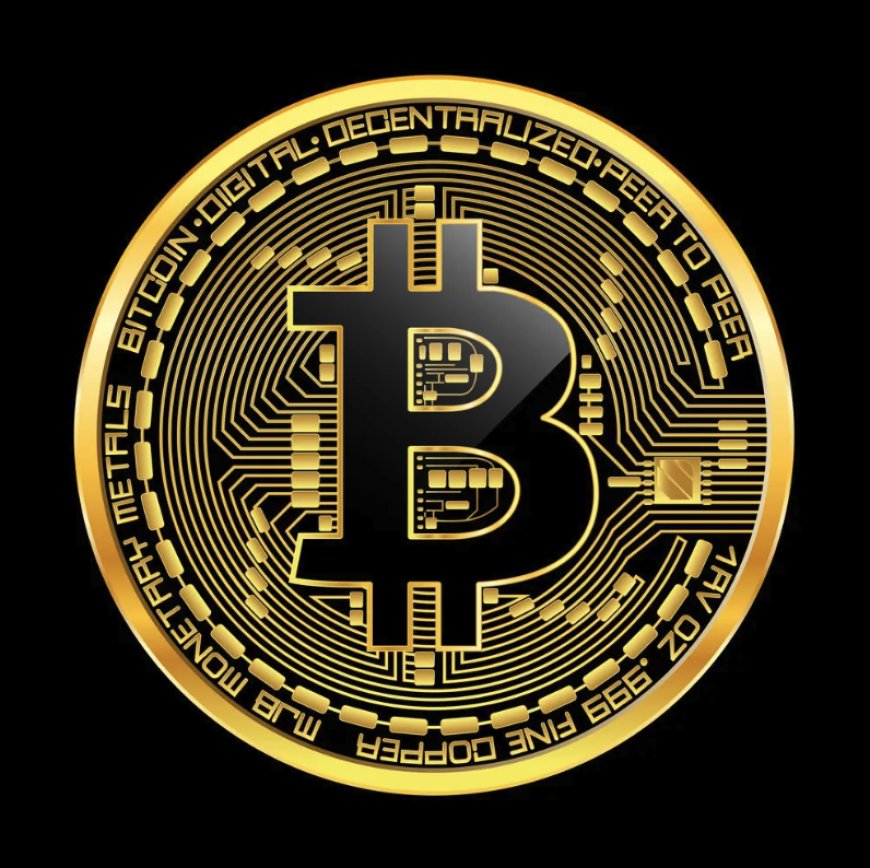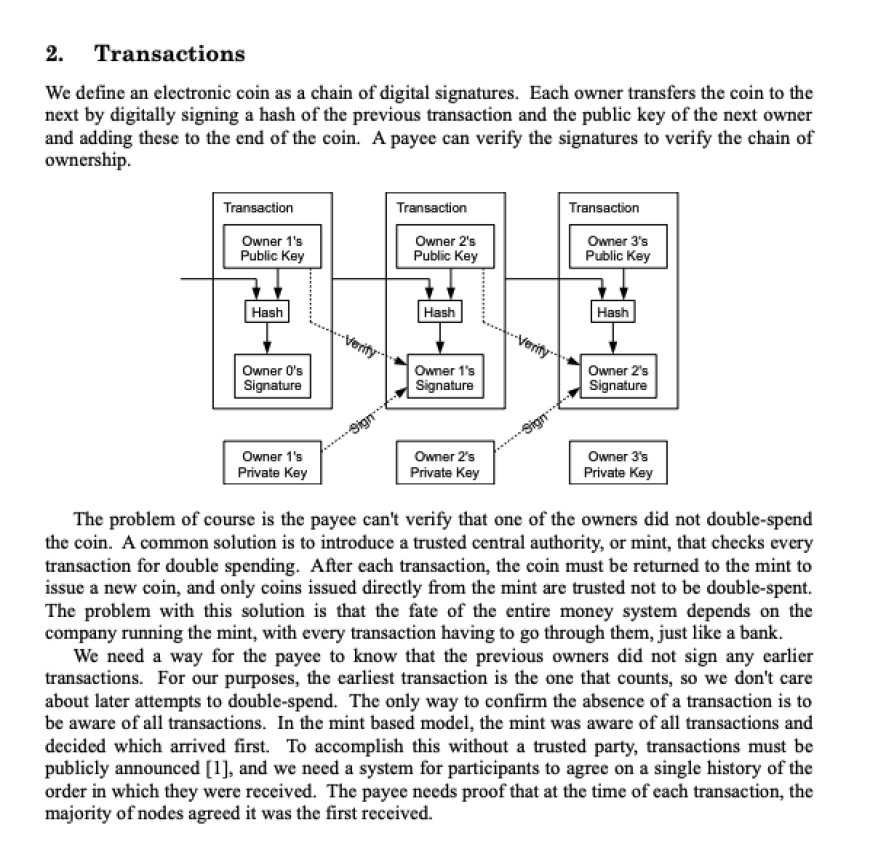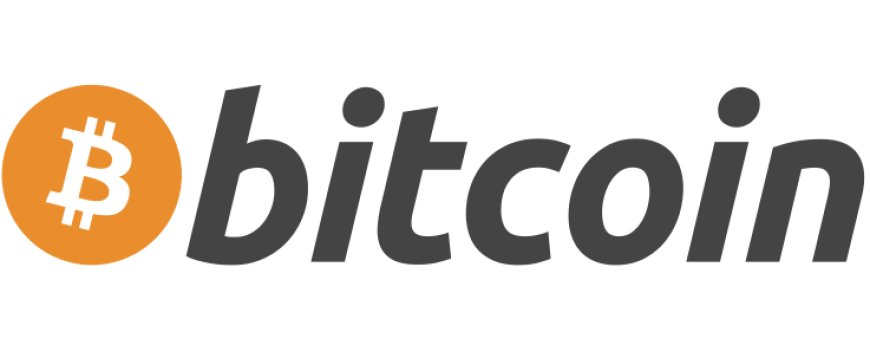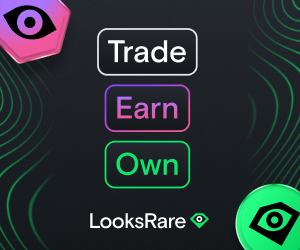What is Bitcoin? A Peer-to-Peer Electronic Cash System
A purely peer-to-peer version of electronic cash would allow online payments to be sent directly from one party to another without going through a financial institution.

What is Bitcoin?
Bitcoin, often abbreviated as BTC, is a decentralized digital currency that operates on a peer-to-peer network, aiming to revolutionize traditional financial systems by eliminating the need for intermediaries like banks or governments. Created in 2009 by an anonymous entity or group using the pseudonym Satoshi Nakamoto, Bitcoin is a pioneer in the world of cryptocurrencies.
Here is the best video explaining what is Bitcoin:
This is The Best Video for Understanding #Bitcoin pic.twitter.com/PqIAdh8xkb — Pepe Insider (@PepeInsider_com) August 21, 2023
What is the Bitcoin Whitepaper?
The Bitcoin whitepaper, authored by Satoshi Nakamoto in 2008, outlines a decentralized digital currency system. It introduces the concept of a blockchain, a public ledger that records all Bitcoin transactions.
The whitepaper describes a peer-to-peer network, where users can conduct secure and direct transactions without intermediaries.
Bitcoin's proof-of-work mechanism, where miners validate transactions and create new coins, is detailed. The whitepaper emphasizes the importance of decentralization, solving the double-spending problem, and the limited supply of 21 million coins.
It laid the foundation for the development of Bitcoin, a revolutionary cryptocurrency challenging traditional financial systems.
A quote from Satoshi Nakamoto, the creator of Bitcoin:
A purely peer-to-peer version of electronic cash would allow online payments to be sent directly from one party to another without going through a financial institution. Digital signatures provide part of the solution, but the main benefits are lost if a trusted third party is still required to prevent double-spending.
You can see the official Bitcoin Whitepaper here: https://bitcoin.org/bitcoin.pdf

Key features and concepts of Bitcoin include:
-
Blockchain Technology: Bitcoin transactions are recorded on a public ledger known as the blockchain. The blockchain is a distributed and immutable database that ensures transparency and security. It consists of a chain of blocks, each containing a list of transactions.
-
Decentralization: Unlike traditional currencies controlled by central authorities, Bitcoin operates on a decentralized network of computers (nodes). This means no single entity has control over the currency, making it resistant to censorship or manipulation.
-
Digital Ownership: Bitcoin is stored in digital wallets, which are secured by private keys. Owners have full control over their funds and can transact directly with others, providing financial autonomy.
-
Limited Supply: Bitcoin has a capped supply of 21 million coins, making it deflationary in nature. This scarcity is designed to mimic precious metals like gold and can potentially drive up its value over time.
-
Mining: New Bitcoins are created through a process called mining. Miners use computational power to solve complex mathematical puzzles, validating transactions and adding them to the blockchain. In return, they are rewarded with newly created Bitcoins and transaction fees.
-
Security: Bitcoin transactions are highly secure due to cryptographic techniques. The network's decentralized nature and consensus mechanism make it resistant to fraud and hacking.
-
Volatility: Bitcoin's price can be highly volatile, experiencing rapid fluctuations in value. Factors such as market demand, adoption, regulatory developments, and macroeconomic events can influence its price.
-
Use Cases: Bitcoin can be used for various purposes, including online purchases, investment, remittances, and as a store of value. Some view it as "digital gold" and a hedge against inflation.
-
Global Accessibility: Bitcoin is accessible to anyone with an internet connection, providing financial services to unbanked or underbanked populations worldwide.
-
Legal and Regulatory Environment: Bitcoin's status varies by country, with some embracing it as a legitimate form of payment, while others impose restrictions or outright bans.

Bitcoin has gained widespread recognition and adoption since its inception, with a growing ecosystem of exchanges, wallets, and businesses that accept it. Its disruptive potential has sparked discussions about the future of money and finance, making it a subject of interest for investors, technologists, and policymakers alike. You can also get the bitcoin price live on our website.











